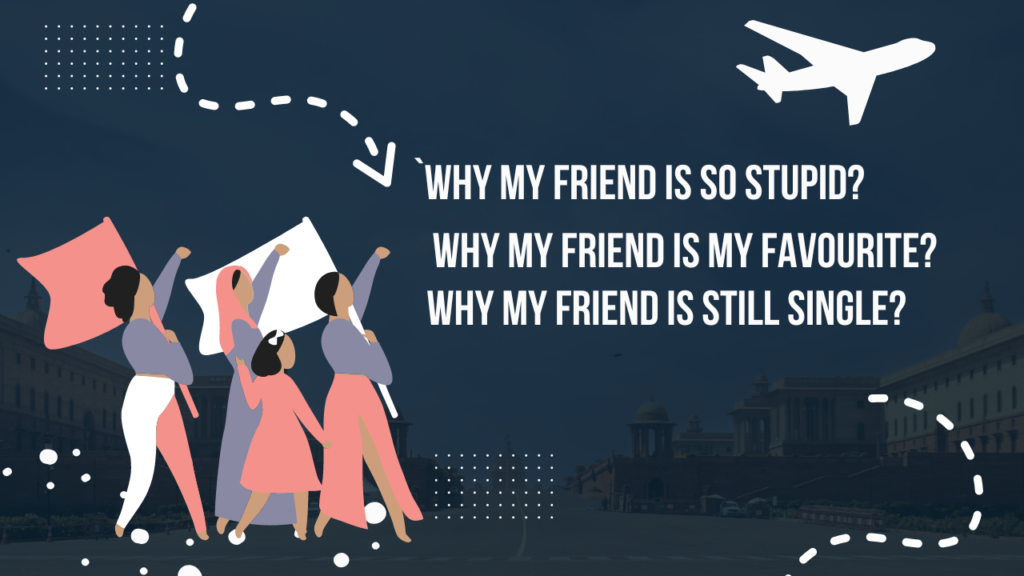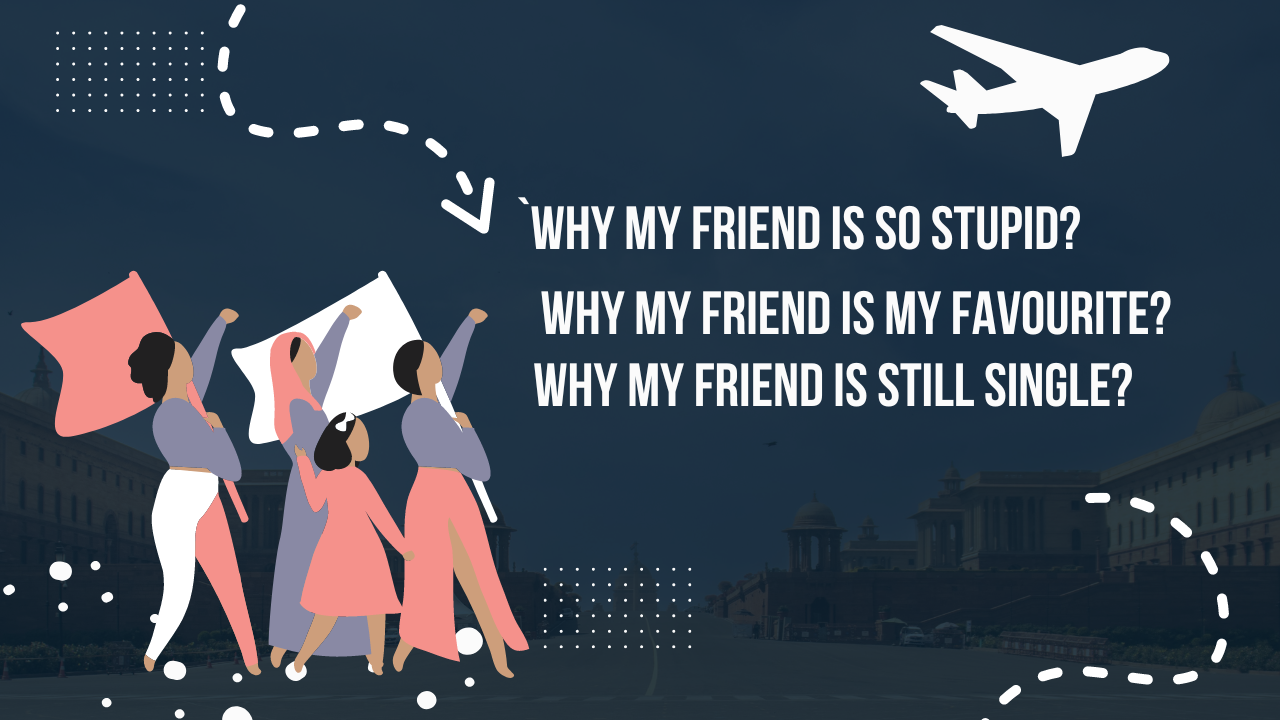Frequently Asked Questions – Wisher
Why my friend is so stupid?
When you’re feeling frustrated with a friend and find yourself calling them “stupid,” it’s important to approach the situation with empathy and understanding. Often, such feelings stem from a place of frustration or misunderstanding rather than an accurate reflection of their abilities. Here are some possible reasons behind these feelings:
Different strengths and weaknesses can create frustration. Your friend might excel in areas where you struggle, and their skills or knowledge may not align with your expectations. Additionally, a lack of experience or knowledge in certain areas can lead to decisions or behaviors that seem unwise from your perspective. They might simply not have the same information or background you do.
Communication styles can also cause misunderstandings. If your friend expresses themselves differently or struggles to articulate their thoughts, it can lead to frustration and make them appear less intelligent. Stress or distraction from personal issues can impact their decision-making and behavior, making them seem less capable. Furthermore, differing perspectives based on individual experiences and beliefs can lead to frustration if what seems obvious to you isn’t clear to them.

To address these feelings, practice empathy by trying to understand your friend’s perspective and the reasons behind their actions. Open and constructive communication can help; discuss your frustrations using “I” statements to express how their actions affect you without placing blame. Encouraging growth and offering support in areas where they might need help can strengthen your friendship. Additionally, focusing on your friend’s positive qualities and reflecting on whether your expectations are realistic can help shift your perspective.
In summary, handling frustration with a friend requires empathy and open communication. By acknowledging their strengths, understanding their viewpoint, and focusing on positive aspects, you can navigate challenges together and maintain a strong friendship.
why my friend is my favourite?
Having a favorite friend is something many people experience, and there are several reasons why someone might feel especially close to one particular friend. Often, it’s because you share common interests and values. This shared ground makes spending time together enjoyable and fulfilling, as you naturally connect over things that matter to both of you.
Emotional support is another key factor. Your favorite friend is probably someone you can rely on for comfort and encouragement during tough times. They listen without judgment and motivate you to pursue your dreams, making you feel understood and supported.
Fun and enjoyment play a big role too. This friend likely brings a lot of joy and laughter into your life. Whether it’s through shared activities, inside jokes, or spontaneous adventures, they make your time together memorable and exciting.
Lastly, the deep connection you share is important. With this friend, communication feels effortless, and you’re comfortable being your true self. Their loyalty and honesty build a sense of trust and security, and they inspire you to grow and be your best self.
In summary, your favorite friend holds a special place in your life due to the blend of shared experiences, emotional support, and a strong bond. Nurturing this friendship and expressing your appreciation can make your connection even stronger.
why my friend is still single?
There are many reasons why your friend might still be single, and they often vary based on personal circumstances and preferences. Here are some common factors that might be at play:
Sometimes, people have unrealistic expectations when it comes to dating. Your friend might be looking for perfection and overlooking the fact that everyone has flaws, which can narrow their dating opportunities. Past relationships can also impact their current dating life; if they’re still holding onto feelings for an ex, it can be hard to fully move on and connect with new people.
Self-perception issues can be another hurdle. If your friend struggles with low self-esteem or a negative self-image, it might affect their willingness to date or lead them to sabotage potential relationships. Fear of vulnerability is also a significant factor; the risk of getting hurt can be daunting, leading them to avoid dating despite their desire for a relationship.
Lifestyle choices play a role as well. Your friend might be focusing on personal growth, education, or their career, choosing to remain single while they work on themselves. A busy schedule filled with work or other commitments can leave little time for dating, making it difficult to meet new people. Additionally, some people prefer casual dating and might not be ready for a serious commitment, which can contribute to a pattern of being single.
Social dynamics also influence dating. A small social circle or limited opportunities to meet new people can make finding a partner challenging. Moreover, a consistently negative attitude can repel potential partners, creating barriers to successful relationships.
Understanding these factors can help you offer empathy and support to your friend. If they’re open to discussing their dating experiences, encouraging them to explore their thoughts and desires can be beneficial. Ultimately, being single can be a fulfilling choice for many, and respecting their personal journey is important.



